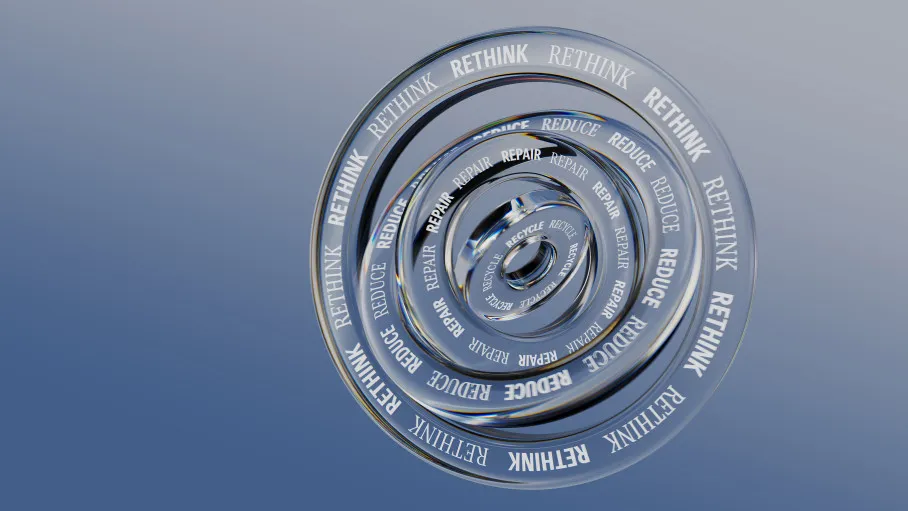Mercedes-Benz and TSR Launch “Urban Mining” Pilot Project for End-of-Life Vehicles
Mercedes-Benz is accelerating its commitment to sustainability and circular economy innovation. In collaboration with recycling specialist TSR Group GmbH & Co. KG, the German automaker has launched an ambitious “urban mining” pilot project designed to recover valuable raw materials from end-of-life vehicles (ELVs). The initiative, starting in the summer of 2025, is a major step toward closing material loops and reducing dependency on primary resources.
A New Chapter in the Circular Economy
Urban mining refers to the extraction of raw materials not from the earth, but from existing urban infrastructure—discarded vehicles, electronics, and buildings. For Mercedes-Benz and TSR, this means transforming ELVs into a strategic source of high-quality secondary raw materials.
Vehicles purchased in northwest Germany will be dismantled at the new collection site, regardless of brand. Hazardous components and easily accessible parts will be removed first, followed by a state-of-the-art recycling process developed by TSR. The process enables the recovery of essential materials such as:
- Steel and aluminium – for lightweight, strong body structures
- Plastics – for interior and exterior applications
- Copper – vital for electric and electronic systems
- Glass – recycled for use in new vehicles
These materials will then be sorted by type and reintroduced into Mercedes-Benz’s supply chain through trusted material partners.
Why Urban Mining Matters
The automotive industry is facing mounting pressure to secure sustainable raw materials, minimize waste, and cut CO? emissions. By treating end-of-life vehicles as valuable resource banks, Mercedes-Benz aims to pave the way for a resilient raw material supply that reduces environmental impact while supporting growth.
Markus Schäfer, Member of the Board of Management of Mercedes-Benz Group AG, Chief Technology Officer, Development & Procurement, explained:
“Our vision of sustainable mobility requires us to significantly reduce the use of primary raw materials in our vehicles. Urban mining gives us the opportunity to keep valuable materials in the cycle in a resource-efficient manner. Together with our partners, we will continuously increase the proportion of secondary raw materials used in the coming years, thereby contributing our know-how in resource conservation and CO? reduction.”
Supporting Ambition 2039
The project is directly aligned with Mercedes-Benz’s Ambition 2039 strategy, which aims to deliver a net carbon-neutral new vehicle fleet across its entire value chain and life cycle. A cornerstone of this plan is increasing the share of secondary raw materials used in vehicles to 40% within the next decade.
Importantly, the partnership emphasizes avoiding downcycling—the reduction of material quality through repeated recycling. Instead, the process is designed to preserve the high standards necessary for premium automotive manufacturing.
Scaling for the Future
While this is a pilot project, the implications go far beyond northwest Germany. By testing and refining methods for efficient ELV recycling, Mercedes-Benz and TSR are laying the groundwork for large-scale integration of post-consumer materials into future model series.
The initiative is not just about recycling—it’s about redefining the automotive value chain. By closing industrial loops, the project strengthens raw material resilience, reduces environmental impact, and reinforces Mercedes-Benz’s role as a leader in sustainable innovation.
Conclusion
Mercedes-Benz’s “urban mining” partnership with TSR marks a pivotal step in the transition toward a sustainable, circular automotive industry. By transforming discarded vehicles into valuable raw materials, the initiative highlights how collaboration and innovation can secure the future of mobility while reducing dependency on finite resources.
As the pilot launches in 2025, it promises not only to contribute to Mercedes-Benz’s climate goals but also to set new standards for resource efficiency and circular design across the global automotive landscape.
read more: Mercedes-Benz G-Class Adventures: New Off-Road Experiences

